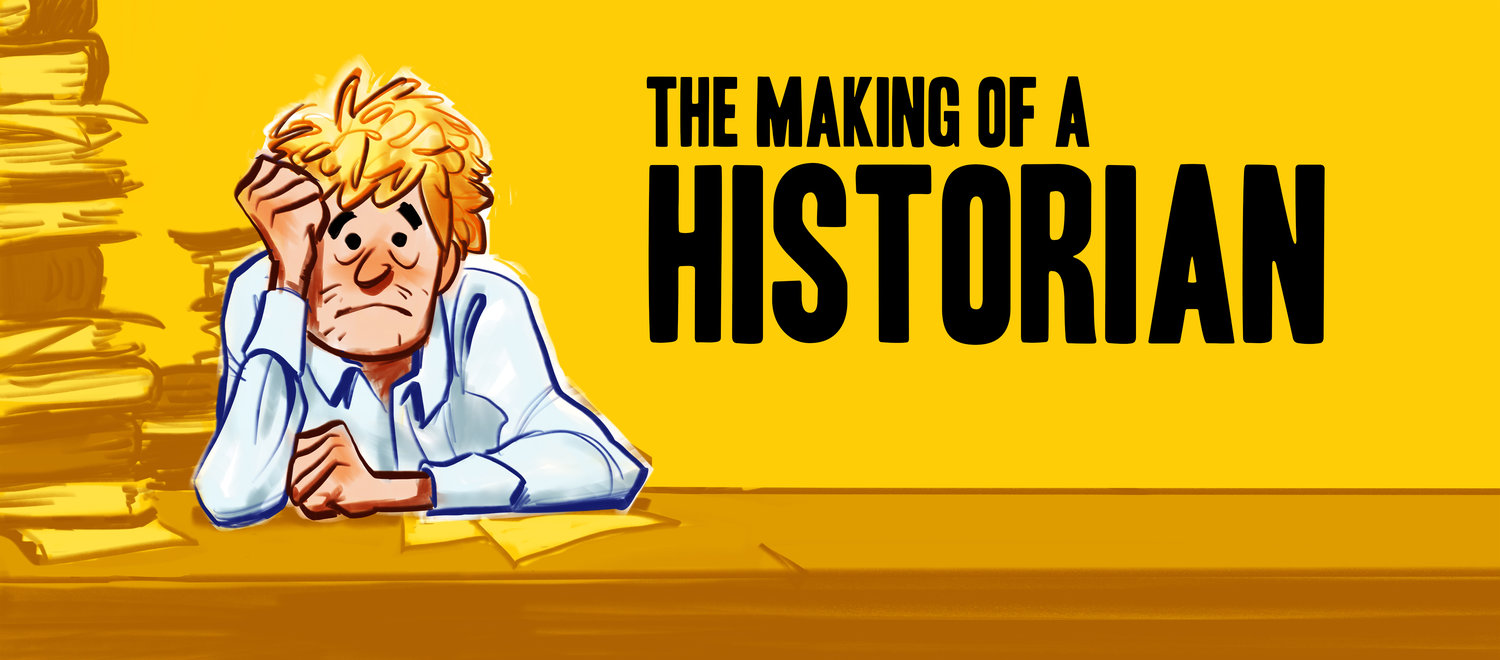Subscribe on iTunes or Stitcher.
This episode I learn all about the Lebanese Civil War, which went on from 1975 to 1990. If you know anything about the Lebanese Civil War, you know that it’s complicated. It’s sometimes presented as a sectarian conflict—Christians against Muslims; but it’s also a conflict between the city and the country, a regional conflict, and a stage for the Cold War. PhD Candidate Emily Whalen, from UT Austin (now on a pre-doc at Yale) explains the history of the Lebanese Civil War remarkably. For Whalen, the civil war is a way of understanding democracy, pluralism, and the nation. Along the way we learn about the fall of the Ottoman Empire, the Mandate system, and we talk about whether the nation is really worth it.
You can find Emily Whalen on Twitter, or on her website. Watch her stuff! I’m certain she’ll have a bestselling book out within the next ten years.
She also provided us with a ton of great reading recommendations:
This is a really good, short take on the constructed nature of sectarianism: Understanding Sectarianism in the Middle East, Ussama Makdisi
These two are, respectively, a US perspective and a Lebanese perspective on US intervention in Lebanon, a good way to see the gaps in understanding between the two scholarly "camps":
Reagan's Lebanon Policy: Trial and Error, William Quandt
The United States' Intervention in Lebanon, Naseer Aruri
A very readable book about the creation of "Free Lebanon" by one of the most prominent Western journalists of the war: The Tragedy of Lebanon: Christian Warlords, Israeli Adventurers, and American Bunglers, Jonathan Randal
More scholarly, but a book that attempts to deconstruct some of the myths of Lebanese history: A House of Many Mansions: The History of Lebanon Reconsidered, Kamal Salibi
And, my favorite, but a little long, a book on the history of Beirut, from ancient history to the present, by an historian and journalist who was assassinated during the Syrian occupation after the war: Beirut, Samir Kassir
